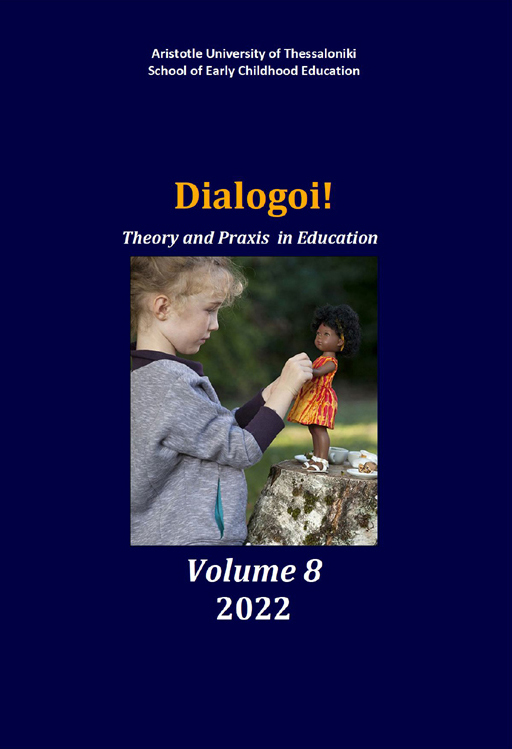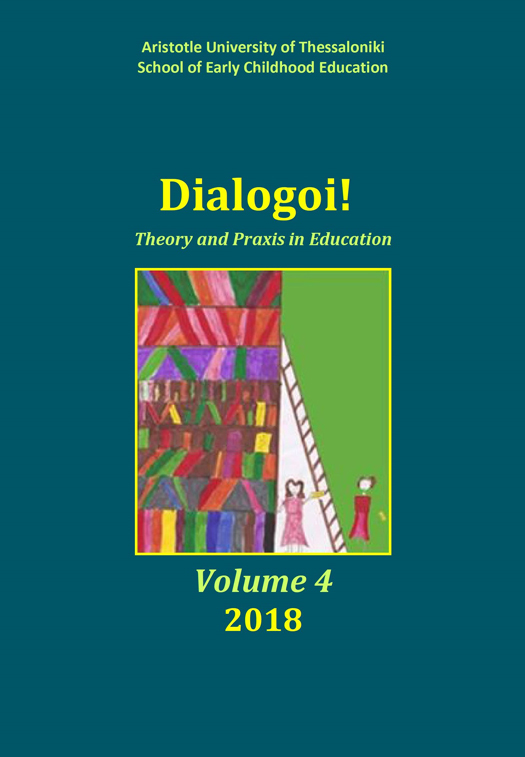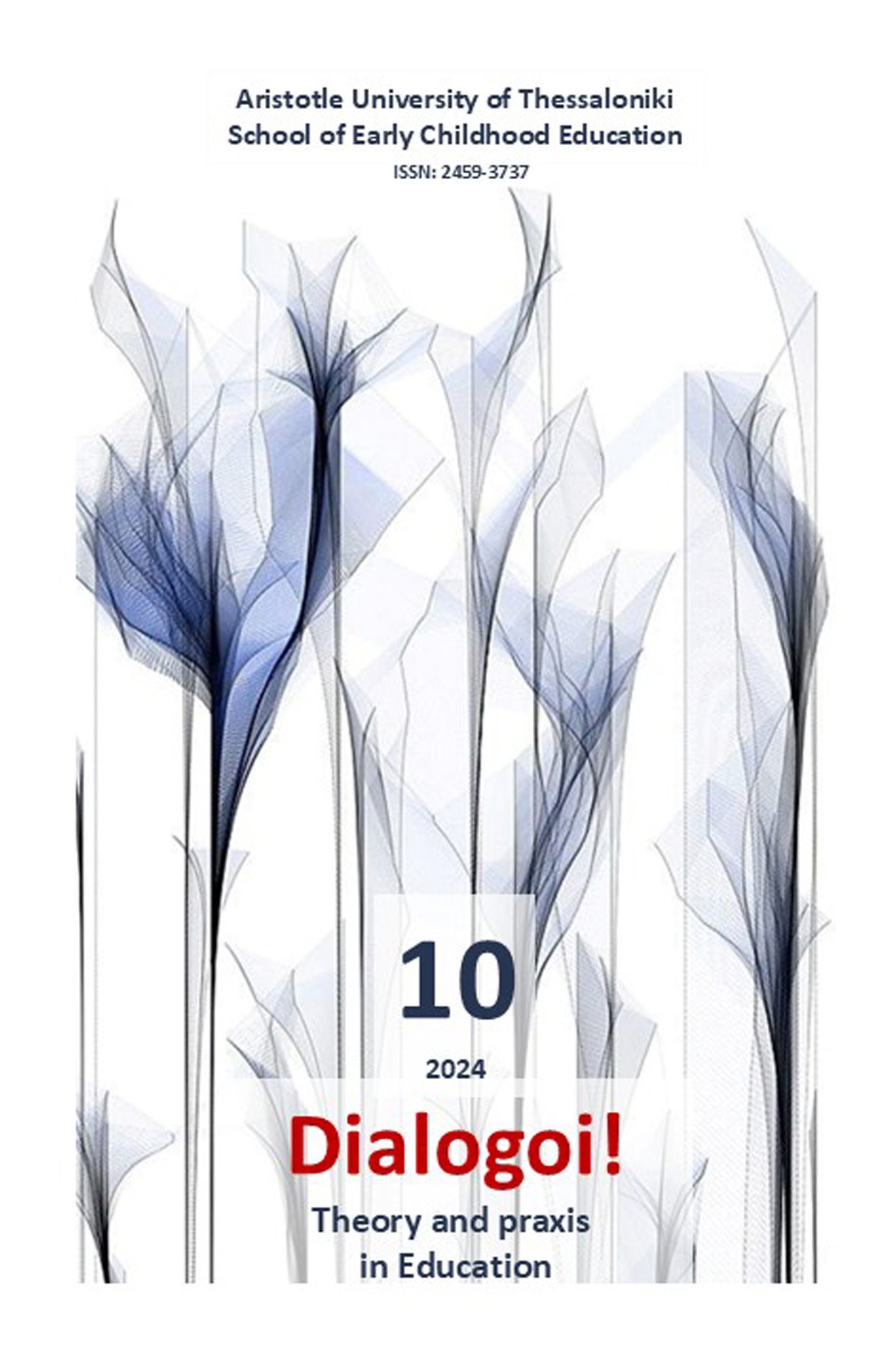"Talks become even better, when we have overcome language barriers": Teaching students of the Greek Muslim Minority

Abstract
Educators who teach bilingual students and students-members of minority groups, who may not possess the target language to a high degree, need to constantly review and readjust their teaching methods, teaching material and teaching techniques. However, these readjustments occur, when educators realize the challenges their students face due to the implication of traditional teaching methods or when they desire or seek to differentiate. The study applies a qualitative design, based on the (critical language policy) analysis of interviews of seven educators who teach at schools of secondary education in Thrace with a high percentage of students of the Muslim minority. Interviews revealed that focal educators’ perceptions can be placed on a continuum based on the extent to which they value and apply translanguaging and inclusive approaches.
Article Details
- How to Cite
-
Maligkoudi, C. (2022). "Talks become even better, when we have overcome language barriers": Teaching students of the Greek Muslim Minority. Dialogoi! Theory and Praxis in Education, 8, 174–189. https://doi.org/10.12681/dial.28030 (Original work published February 19, 2022)
- Issue
- Vol. 8 (2022)
- Section
- Scientific columns

This work is licensed under a Creative Commons Attribution-NonCommercial-ShareAlike 4.0 International License.
Authors who publish with this journal agree to the following terms:
- Authors retain copyright and grant the journal right of first publication with the work simultaneously licensed under a Creative Commons Attribution Non-Commercial License that allows others to share the work with an acknowledgement of the work's authorship and initial publication in this journal.
- Authors are able to enter into separate, additional contractual arrangements for the non-exclusive distribution of the journal's published version of the work (e.g. post it to an institutional repository or publish it in a book), with an acknowledgement of its initial publication in this journal.
- Authors are permitted and encouraged to post their work online (preferably in institutional repositories or on their website) prior to and during the submission process, as it can lead to productive exchanges, as well as earlier and greater citation of published work (See The Effect of Open Access).




